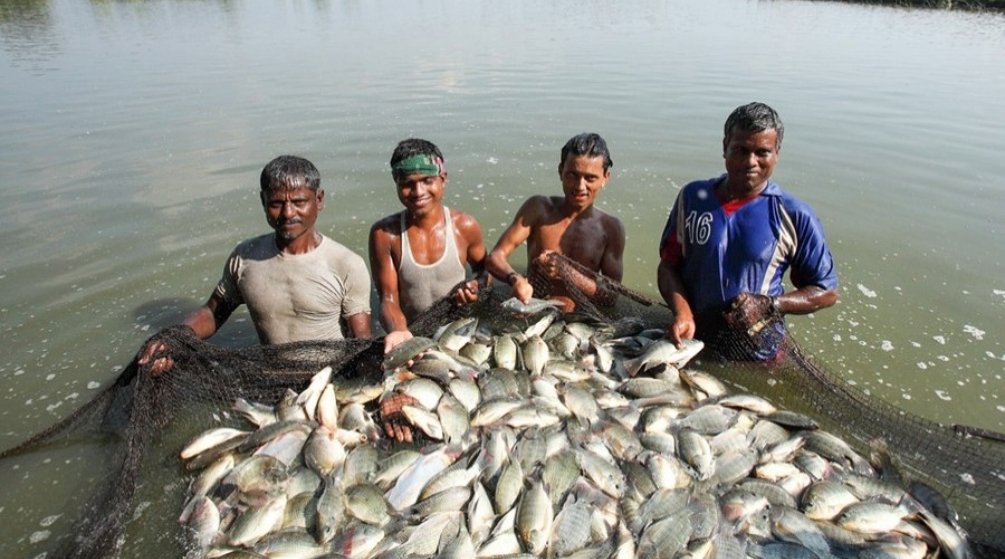Fisheries policy revamp indispensable

It bodes well that the interim government is seeking to introduce sweeping reforms in the fisheries sector, aiming to ensure safe fish free of chemical, microbiological and hazardous elements. Fish is one of the main resources in a protein- hungry country like ours. This invaluable resource has become very limited by now although our demand for it is a massive one to supply protein to our ever-growing population. It is, therefore, heartening to learn that the Department of Fisheries has drafted the National Fisheries Policy 2025 aiming to revamp the decade old national policy for the sector, which is the main provider of the country’s protein demand. The draft has been submitted to the Ministry of fisheries and livestock. The draft aims to ensure chemical- free production, supply and stocking of fish and looks to address the growing threat of antimicrobial resistance (AMR). The policy appears to be a comprehensive one as it also aims to address the plight of climate refugees involved in fishing, funding at the local level, marine resource management, and the import-export of fish.
Bangladesh has seen a rapid growth in aquaculture through a lot of hatcheries. In fiscal 2023-24, the country produced more than 50 lakh tonnes of fish. Nearly 60 percent came from aquaculture, compared with only 16 percent in the early 1980’s.
Despite the expansion of fisheries sector indiscriminate use of antibiotics has become a matter of grave concern. Repeated warnings from different quarters against the overuse of antibiotics fall on deaf ears. The overuse of antibiotics in fish farming contributes to AMS in bacteria, which is highly prejudicial to both animal and human health. A recent study published in the Nature revealed that two-thirds of fish samples in Bangladesh carried antibiotic resistant with the problem particularly acute in farmed fish, creating food safety and public health risks.
Inland waterbodies remain the hub of the country’s fish production, covering 4.7 million hectares and supporting about 260 native freshwater fish species. To develop the inland fisheries as a robust one, stringent monitoring of hatcheries, prohibiting low quality feed and strengthening processing facilities are indispensable as these are essential to meet modern consumer demand and boost exports.
The new fisheries policy deserves accolade as it gives more importance to marine fisheries in the context of the Blue Economy. The policy aims to ensure the sustainable management of marine resources which did not receive adequate attention in the past. Bangladesh is at a vantage point when it comes to using marine resources. However, experts have repeatedly pointed out that Bangladesh is failing to utilize that potential. Marine waters are home to 475 fish species, 36 shrimp species, and other commercially valuable resources such as crabs, conch, and algae. Out of our total domestic fish production, 30 percent comes from the sea.
The policy highlights many important aspects of fisheries sector, but a flawless management or strategic plan on how to manage the inland and marine stock for sustainable use should be taken.
There should be greater emphasis on harvesting fish from the sea using modern technology, rather than focusing only on shrimp export.
We urge the government to halt the pernicious practice of using growth hormones, chemicals and poor quality feed in hatcheries for protection of public health.



